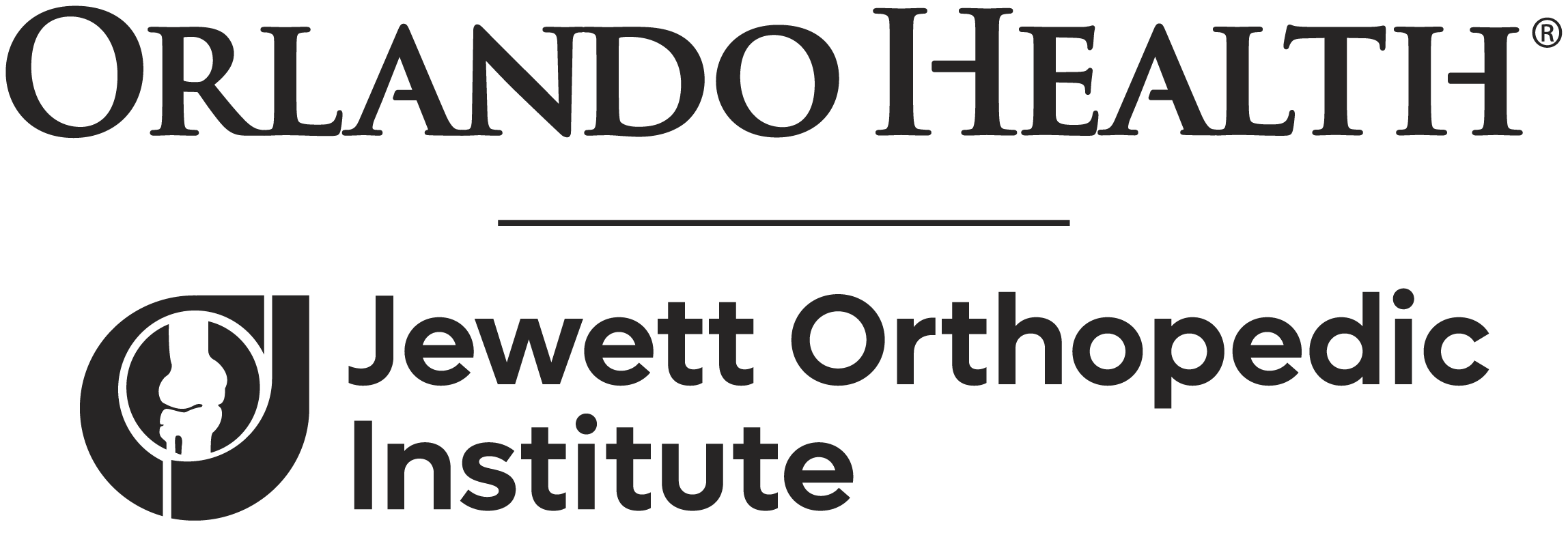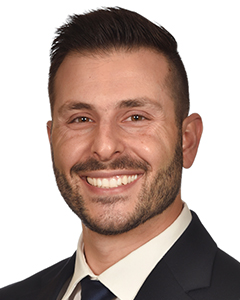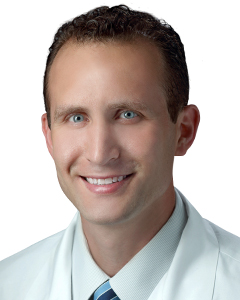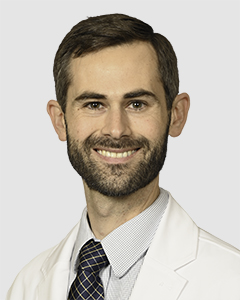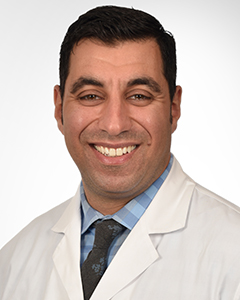Sports Concussions
At Orlando Health Jewett Orthopedic Institute, we treat children and adults for sports and non-sports related concussions. Our team of physicians and therapists offers the latest prevention, diagnostic and treatment options for concussions.
What Is a Concussion?
A concussion is a type of traumatic brain injury (TBI) often caused by a bump, blow or jolt to the head. These injuries also can happen when a blow to the body causes your head to whip back and forth. In these cases, the brain bounces around or even twists in the skull, creating chemical changes and potential damage to brain cells.
When Should You Get Tested for a Concussion?
You should be checked for a concussion if you’ve had a blow to your head or body that creates a whiplash-like head movement. It is not true that concussions only happen if you lose consciousness. The reality is that most people who have a concussion never lose consciousness.
Sports injuries cause an estimated 3.8 million concussions occur every year in the U.S, and many of those cases are never reported or diagnosed. That is why it is important to get checked even if that knock to your head (or your child’s head) doesn’t seem that serious.
Concussions can be tricky to diagnose, because many do not have bruising or bleeding in the brain that could be seen with conventional imaging tests like CTs and MRIs. There is no specific test that identifies the presence of a concussion. Our team of experts will provide a comprehensive evaluation of you or your child, examining a range of brain functions, including:
- Alertness
- Attention and concentration
- Problem-solving speed
- Memory
- Hearing
- Reflexes
- Vision
- Balance
Symptoms can range from minor to life-threatening and typically surface immediately. But it is not uncommon for symptoms not to surface for hours or days after the injury. Symptoms can have a significant impact on school, work and personal life. If you start having symptoms, you should stop all sports-related activities and seek medical attention. Headaches are the most common symptom. Among others:
- Nausea and vomiting
- Double vision
- Feeling tired or drowsy
- Balance problems
- Confusion
- Ringing in the ears
- Irritability
- Difficulty concentrating
- Sleep problems
- Memory loss
- Sensitivity to light and noise
- Feelings of being “in a fog”
More serious symptoms include:
- Seizure
- Severe headaches
- Slurred speech
- Trouble walking
- Numbness or tingling in arms or legs
Most patients will recover within 10 days, though it can take longer for symptoms to ease. Research also shows that children might take longer to recover. While rest (both physical and mental) are key to recovery, concussion management has evolved over the years. At Orlando Health Jewett Orthopedic Institute, we take a more active multidisciplinary approach, relying on a team of specialists using the latest technology to help you or your child recover as quickly as possible. Treatments may include balance, eye and exercise therapies, along with academic accommodations and medication.
Why Choose Orlando Health Jewett Orthopedic Institute?
Our highly trained specialists focus on both children and adults with an innovative and progressive approach that uses the latest technologies, therapies and medications.
Returning to Sports
Before your child is cleared to return to play, our concussion team will monitor recovery through a six-step progression. Once all concussion symptoms have cleared, your child will be cleared via a state medical form, FHSAA Form AT18. The six steps:
- Limited activity: This marks a return to school/work activities without provoking symptoms.
- Light aerobic exercise: This can include walking, swimming and biking.
- Sport-specific exercise: This covers non-contact and running drills.
- Non-contact training: This includes complex (non-contact) drills or practice.
- Full-contact practice: This resumes normal practice to restore confidence and simulate game situations.
- Return to full activity: Physician will approve a return to competition.
Post-Concussion Syndrome
For most people, concussion symptoms will clear within three months. But for a small percentage of patients, symptoms can linger for a year or more. Post-concussion syndrome is marked by a range of symptoms, including headaches, dizziness, fatigue, anxiety, blurry vision and insomnia. In these cases, our concussion team will use neuropsychological testing to aid diagnostic and management efforts tailored to each individual patient.
When to go to the ER
After a head injury, there are certain symptoms that indicate a trip to the ER is necessary, including:
- Drowsiness or inability to wake up
- A headache that gets worse and does not go away
- Slurred speech, weakness, numbness or decreased coordination
- Repeated vomiting or nausea, convulsions or seizures
- Unusual behavior, increased confusion, restlessness or agitation
- Loss of consciousness, even for a brief period
- One pupil is larger than the other
Meet Our Team
Our team of specialists uses the latest diagnostic and treatment options for managing sports-related concussions in adults and children. Our multidisciplinary approach helps achieve the best possible outcomes.
Sports Medicine
Sports Medicine
Sports Medicine
Sports Medicine
Sports Medicine
Sports Medicine
Sports Medicine
Physical therapy
Physical therapy plays an important role in rehabilitation, particularly in treating neck and upper back pain, and overcoming dizziness and balance problems.
Vestibular therapy
This focuses on symptoms related to the vestibular system, which can be responsible for loss of balance, dizziness, eye strain, headaches and fatigue.
Neuropsychology: Psychologists trained in brain injuries can help patients cope with lingering symptoms and are often involved in treating post-concussion syndrome.
Neuro-optometry: This targets symptoms affecting eyes, including double vision and light sensitivity.
Speech therapy: This focuses on symptoms related to memory, language, attention and communication.
Occupational therapy: This can help manage stress and anxiety, while also providing rehabilitation for visual and cognitive symptoms.
Locations
Request an Appointment
If your or your child has suffered a sports-related head injury, our concussion experts will meet with you to assess your symptoms and offer treatment options. Request an appointment online or call (321) 843-5851.
Navigate Your Health


Find an Orthopedic Physician
Find an Orthopedic Physician
Meet our doctors who specialize in the full range of orthopedic care, including the upper extremity (hand, wrist, elbow, shoulder), hips, knees, feet, ankles, spine, sports medicine and trauma. Our providers offer in-person and virtual appointments.
Learn More

Patient Portal
Patient Portal
If you are a patient at Orlando Health Jewett Orthopedic Institute, our free online patient portal provides an easy and secure way to manage your health information from any location at a time that’s convenient for you.
Learn More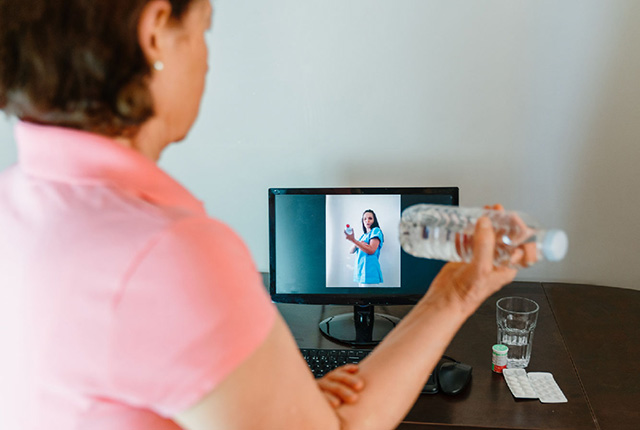

Virtual Visit
Virtual Visit
Need to talk with a doctor, but don’t want to leave your home? Try our virtual visit (telehealth) option to connect with a physician from your phone, tablet or computer.
Learn More